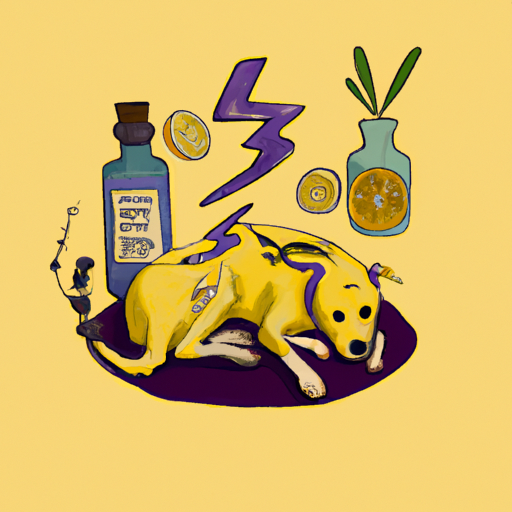As a caregiver, you want the best for your beloved pets, especially when it comes to their health. Fleas are a common, yet troublesome problem for dogs. Fortunately, there are natural remedies that can help eliminate these pesky parasites instantly. Let’s explore some of these methods.
H2: Understanding the Enemy – Fleas
Fleas are small, wingless insects that feed on the blood of animals. Their bites can cause discomfort and potentially transmit diseases. But here’s the good news: You can fight back, naturally and effectively.
H2: The Power of Essential Oils
- Lavender Oil: Lavender oil is known for its calming properties, but did you know it’s also a potent flea repellent? Apply a few drops to your dog’s collar or dilute it in water and spray on their fur.
- Eucalyptus Oil: This oil can disrupt the life cycle of fleas, killing them at various stages. Mix with water and spray on your dog’s coat.
- Lemongrass Oil: Lemongrass oil has insect repelling properties. Add a few drops to your dog’s shampoo or dilute with water and spray on their fur.
Remember to always dilute essential oils before application and consult with a vet to ensure it’s safe for your pet.
H2: Dietary Changes That Can Help
Introducing certain foods into your dog’s diet can help repel fleas:
- Garlic: Garlic can make your dog’s blood unpalatable to fleas. However, it should be given in small amounts as too much can be toxic.
- Apple Cider Vinegar: Adding a bit of apple cider vinegar to your dog’s water can create a more acidic environment that fleas dislike.
- Brewer’s Yeast: This is a natural flea repellent. Sprinkle a bit on your dog’s food daily.
H2: Creating a Flea-Free Environment
Keep your home and yard flea-free with these natural remedies:
- Diatomaceous Earth: Sprinkle this non-toxic powder in areas where your dog spends time. It dehydrates and kills fleas.
- Nematodes: These are beneficial insects that feed on flea larvae. Introduce them to your yard to naturally control the flea population.
H2: Frequently Asked Questions
Q: Can I use these methods for cats too?
A: Cats are more sensitive to essential oils. Always consult with your vet first.
Q: How often should I use these remedies?
A: It depends on the severity of the infestation. Daily or weekly treatments may be necessary.
Q: What if natural methods don’t work?
A: If the infestation is severe, you may need to seek professional help.
Q: Are these methods safe for all dogs?
A: Most are safe, but always consult your vet, especially if your dog has any health conditions.
Remember, as a caregiver, your pet’s health and comfort are in your hands. By using these natural remedies, you’re choosing a safer, more holistic approach to flea control.



